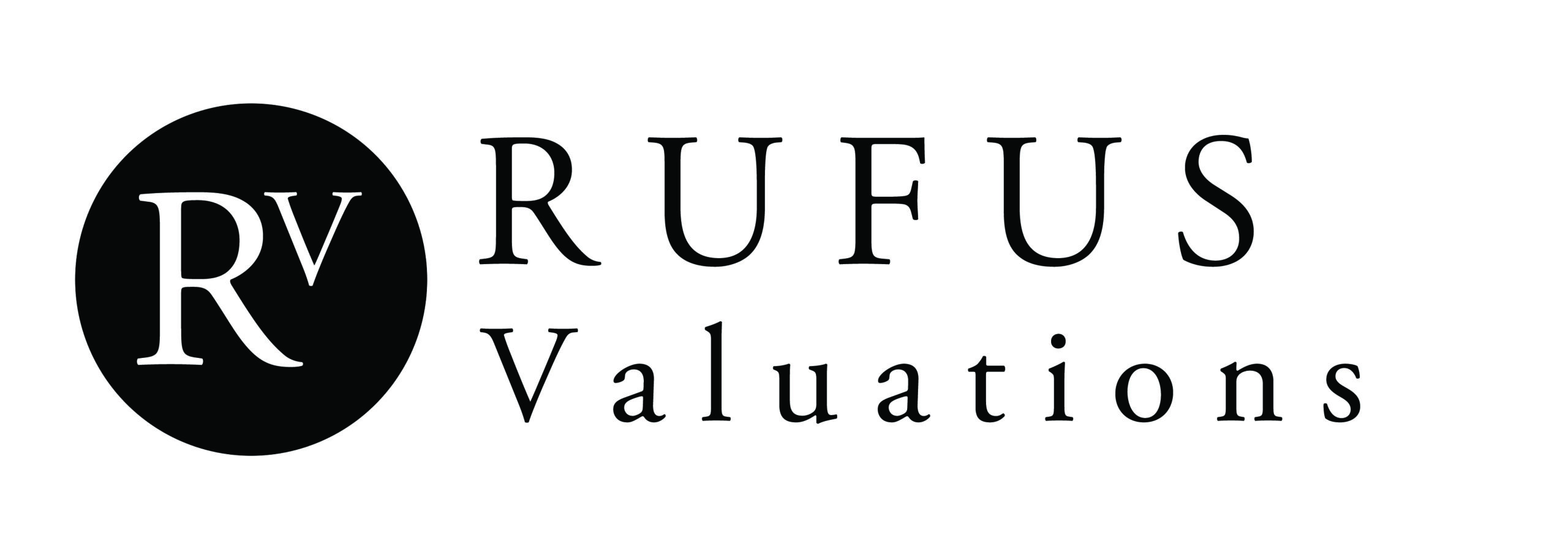Why do I need a valuation?
An insurance valuation provides a precise description of each of your items and confirms exactly what they would cost to replace. A valuation also proves to your insurer that the items existed in the first place and avoids the unsatisfactory process of post-loss assessment. Valuing something after it has been lost often results in an under assessment of its true worth.
.
What kind of valuation do I need?
For insurance purposes, it is important to discuss with your valuer how you would replace lost or damaged items. The value of a Bulgari ring from the current collection, for example, would be based on the New Replacement Value (NRV). A 1990s Rolex, however, could either be replaced based on its Second Hand Replacement Value (SHRV) or based on the value of the closest current equivalent under a New For Old Value (NFOV) policy, but usually only with prior agreement with your insurers. We would be happy to discuss all of your options to help you find the most suitable replacement category.
.
How will insurers settle a claim?
Whilst this varies, many will send you to a jeweller of their choice rather than let you use the original supplier or your preferred jeweller. The Financial Ombudsman Service advises that, as long as the insurer has made it plain in their literature how they would settle a loss and that like-for-like replacement is achieved, they can dictate where it is replaced. This is why it is essential to understand the basis on which your items have been valued and also how your insurers would wish to replace them. These are all matters on which we would be happy to advise.
.
What about probate?
Probate is the system that has to be adhered to when handling the estate of someone who has died. When probate is granted, it gives the Executor the legal right to distribute the estate according to the deceased’s wishes. Inheritance Tax forms part of the process, even if the estate does not owe Inheritance Tax. A probate valuation is therefore a figure on which Death Duties or Inheritance Tax can be calculated, as applicable.
.
But how do you actually value items for probate?
In compliance with Section 160 of The Inheritance Act 1984, which states:
‘Except as otherwise provided by this Act, the value at any time of any property shall for the purposes of this Act be the price which the property might reasonably be expected to fetch if sold in the open market at that time; but that price shall not be assumed to be reduced on the ground that the whole property is to be placed on the market at one and the same time’.
So, we determine the open market value of the items at the deceased’s date of death.
.
What are your fees?
Unlike some valuers, we do not charge based upon the value of your items, but rather according to how many items you have and how complicated they are to assess. For a full breakdown of our charges, please visit our Fees page.
.

